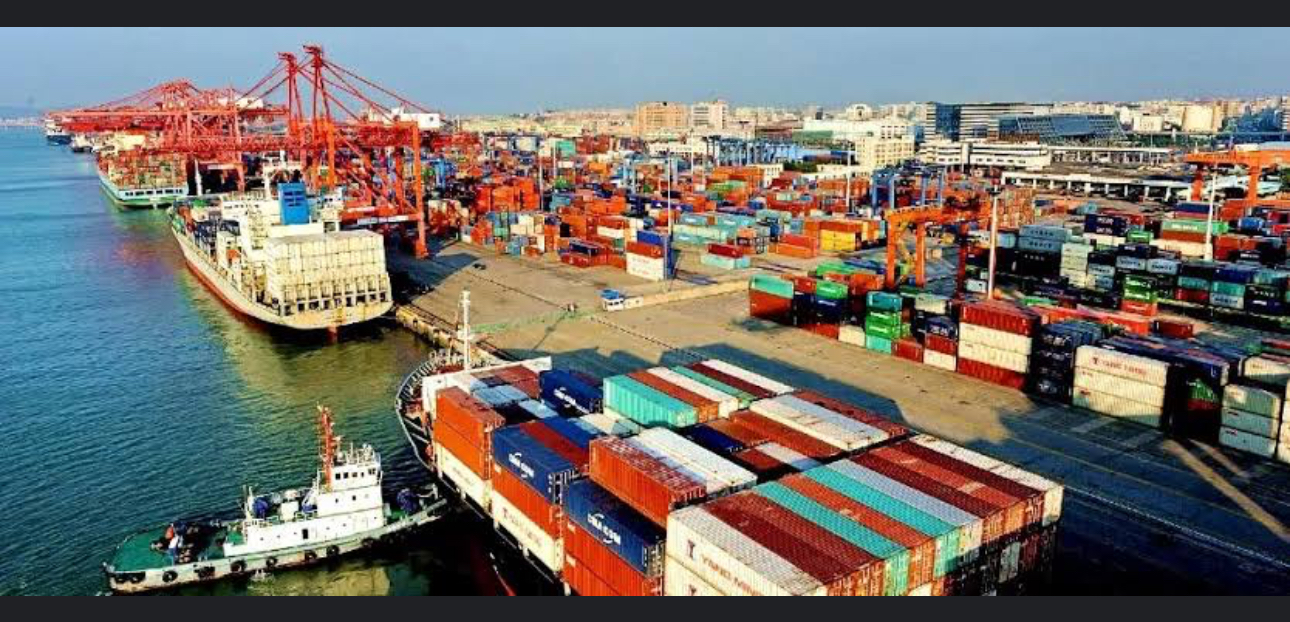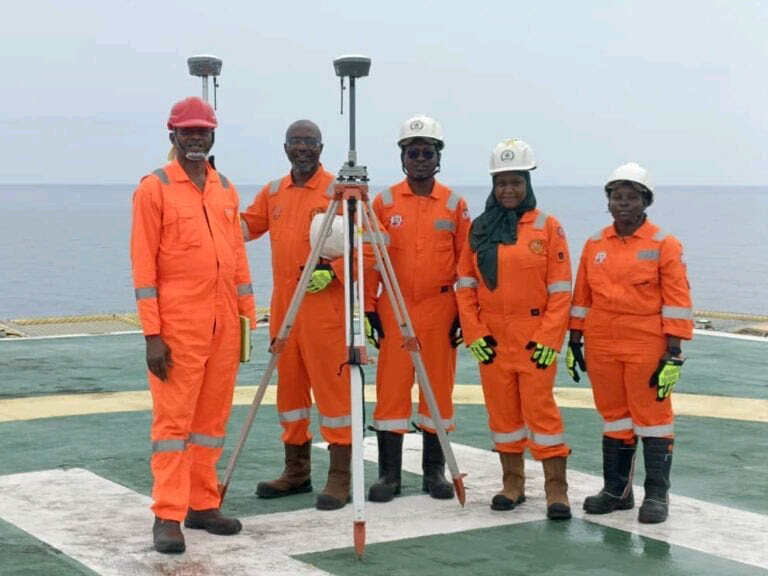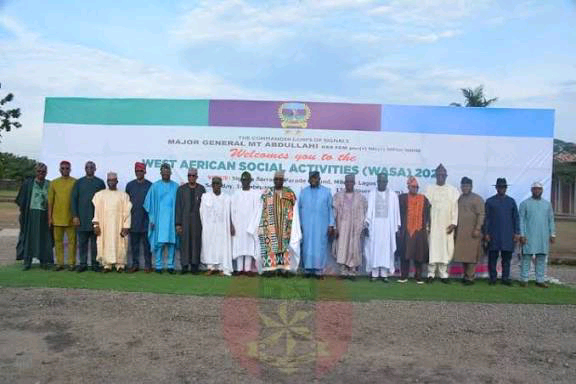Nigeria Leads in Continental Port Infrastructure Investment Over the Past Decade

Onne Port Expansion Tops List with $2.9 Billion Investment (2010–2022)
Nigeria has emerged as the leading destination for port infrastructure investment in Africa over the past decade, according to new data released by StatiSense, citing figures from the Africa Finance Corporation.
The report highlights the Onne Port Expansion (Phase 4b) in Rivers State, Nigeria, as the largest single port investment on the continent between 2010 and 2022.
The project attracted a massive $2.9 billion investment, significantly outpacing similar initiatives across Africa.
Top Five Biggest Port Investments in Africa (2010–2022):
1. Nigeria – Onne Port Expansion (Phase 4b): $2.9 billion
2. Ghana – Tema Port Expansion: $1.5 billion
3. Senegal – Port of Ndayane: $1.1 billion
4. Nigeria – Lekki Deep Sea Port (Phase 1): $1.1 billion
5. Democratic Republic of Congo – Port of Banana Concession: $1.0 billion
The inclusion of both Onne Port and the Lekki Deep Sea Port projects highlights Nigeria’s strategic emphasis on modernizing its maritime infrastructure to boost trade, support industrialization, and position itself as a key logistics hub in West Africa.
The Lekki Deep Sea Port, inaugurated in 2023, is already operational and is expected to decongest Lagos ports while accommodating larger vessels.
Together with the Onne expansion, these developments are anticipated to significantly increase Nigeria’s cargo handling capacity, reduce turnaround times, and enhance competitiveness in global trade.
Ghana’s Tema Port Expansion project, the second-largest investment on the list at $1.5 billion, reflects the country’s efforts to strengthen its position as a regional maritime and logistics hub in West Africa.
Meanwhile, Senegal’s Port of Ndayane, a $1.1 billion investment, represents a key strategic asset as the country pushes to attract foreign trade and investment.
The DRC’s Port of Banana Concession, with $1 billion in investment, marks a major step forward in developing maritime trade routes for Central Africa.
The data reinforces a continent-wide trend of increasing investment in seaport infrastructure, a critical area for improving intra-African trade and unlocking the potential of the African Continental Free Trade Area (AfCFTA).
Enhanced port capacity and modern logistics are vital for reducing the high cost of trade, improving export competitiveness, and fostering regional integration.
As Africa continues to urbanize and industrialize, investment in maritime infrastructure is becoming increasingly central to national and continental development strategies.
Nigeria’s leading role in this space reflects both the scale of its economy and the government’s ongoing commitment to upgrading critical infrastructure.








